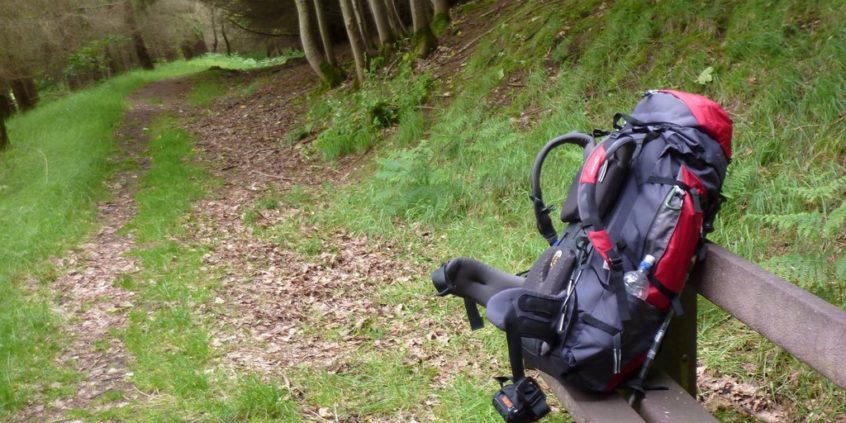I was speaking with a friend of mine recently and he made an interesting observation.
He said it’s funny how people who have been in the Armed Forces, specifically the Army, even more specifically, the infantry, seem to be more comfortable taking risks and trying new things.
We talked about this for a while and the conclusion was this: People who have been in the infantry have spent a significant amount of their career walking around outdoors, carrying everything they needed to survive on their back.
They know what it’s like to be wet, cold, tired and hungry. They know discomfort. I know I certainly did. They also know how far they can push themselves and what they actually need to survive. Not only do they know that they need food, shelter, water and warmth, they know how to get it.
Consequently, they’re more willing to risk unnecessary comforts for a time, in order to achieve something greater. They’re more comfortable changing jobs, moving cities or countries, and learning new skills. If you knew that if all else failed, you could still find food, water, shelter and warmth, wouldn’t you be willing to try more things?
I don’t for a second think that these former soldiers take risks, knowing there’s a chance they may have to live in the bush and eat bugs and roots to survive. There are plenty of steps before you get to that stage. Perhaps it’s sleeping on a mates couch while you find your feet in a new city. Or eating more simply in order to save money.
No doubt there’s a subconscious comfort or backstop knowing that you have the basic skills to survive. I think it helps them put things into perspective and weigh up risk and opportunity differently to someone who doesn’t know how to survive (and is therefore reliant on other people and systems to live).
When you’re used to working outside your comfort zone, you don’t hold as tightly to certain things. You’re less likely to settle and try to protect what comforts you have you’re more likely to advance, and aim for what you really value, at the expense of temporary comfort. Not only that, you realise that perhaps you need to get rid of some of these comforts that previously you’d been afraid to ‘lose’.
This mindset isn’t exclusive to people who have been in the military. That’s just one way that people can be challenged. There are other ways people can gain clarity, and figure out what’s actually necessary and important for living. Often people who gain this clarity realise that they can be happier with less. Less to worry about, less to protect.
I’ve certainly seen plenty of former soldiers start new businesses, move to another part of the world for an opportunity, or change their career to something completely different. Not only when they’re single, but also with families. I guess most people in the military eventually get put in charge of people, so they know who to look after others too.
So what does this mean for us? How can we use that to help us try new things and take more calculated risks?
One of the things I’m certainly going to do is to teach my kids how to survive in the outdoors. I think that’s a basic skill that everyone needs to learn, and can affect how we view everything else in life.
A great question to ask is ‘what’s the worst that can happen?’ Often the consequences are less severe than we thought. Then you can ask, ‘how likely is that to happen? How can I reverse that or get back to where I was?’
Then you should ask ‘what’s the best that can happen? How likely is that?’
More often than not, the likelihood of it going right is high, and even if it goes wrong, you can come back from it pretty easily. Why would you not do something that will most likely benefit you, because there’s a small, unlikely risk, that you can reverse anyway?
- What do you really need to survive?
- What do you value in life?
- Which ‘comforts’ are actually unnecessary and are holding you back from improving?
- Can you get food, water, shelter and warmth?
You have everything you need to survive. Get out there and do something.
